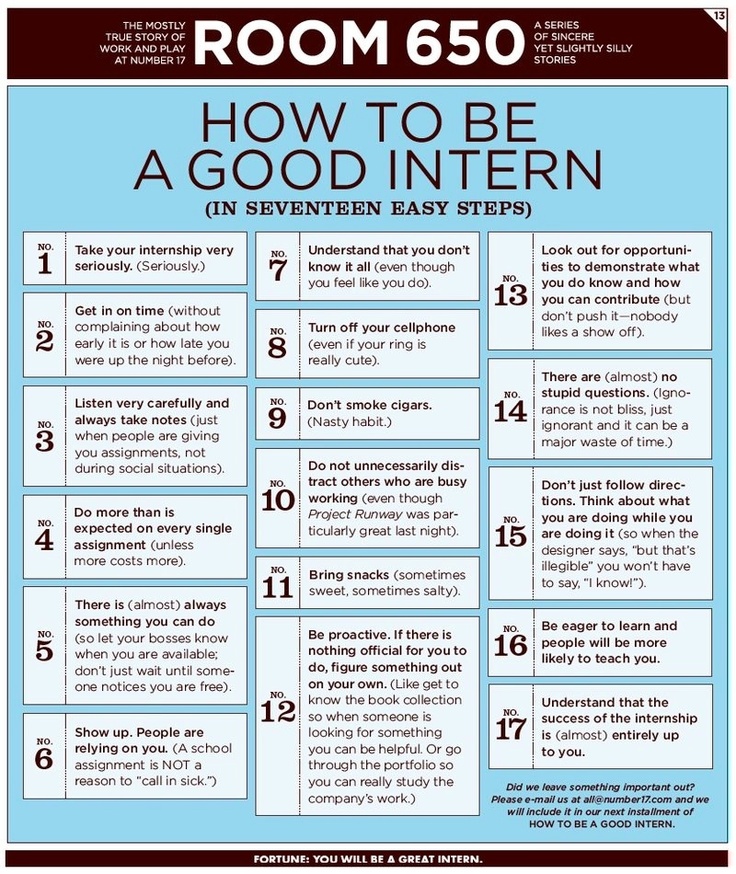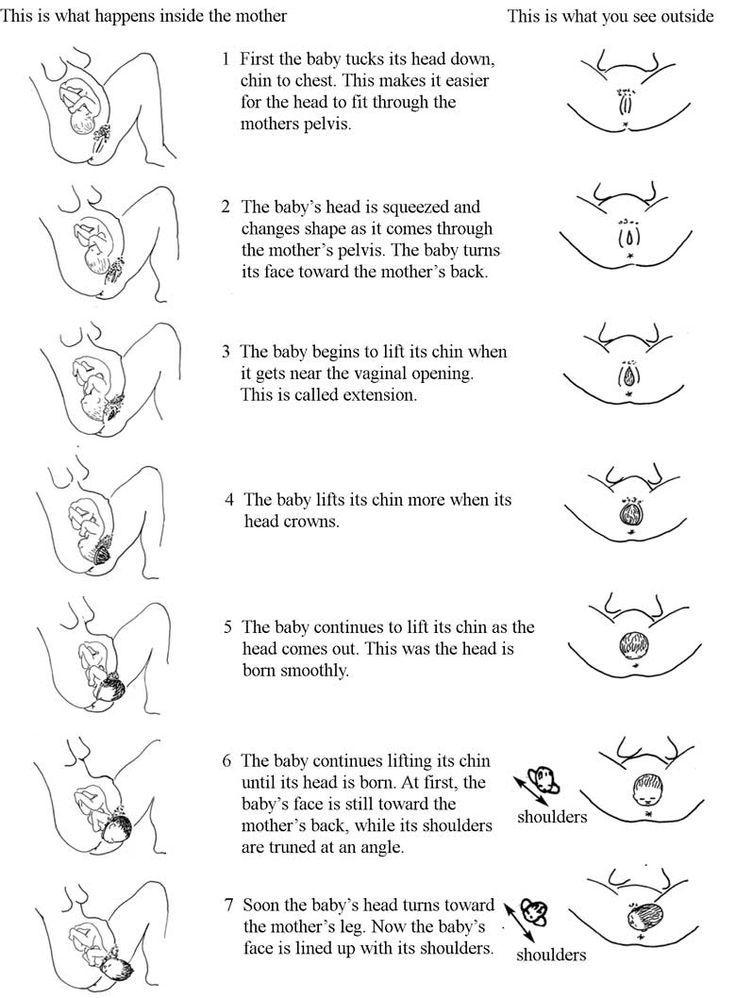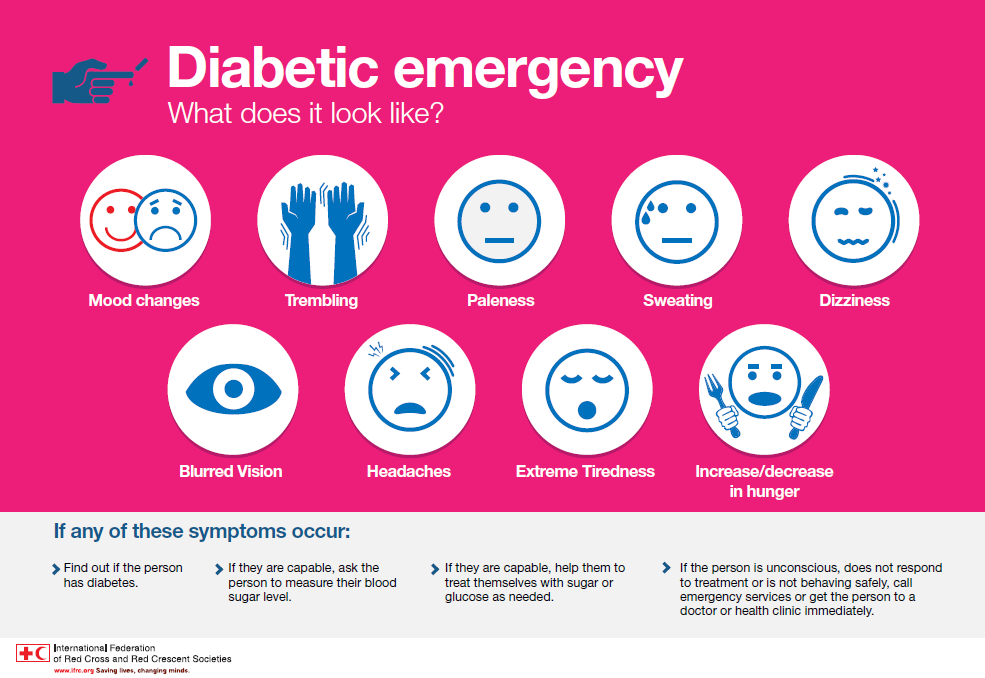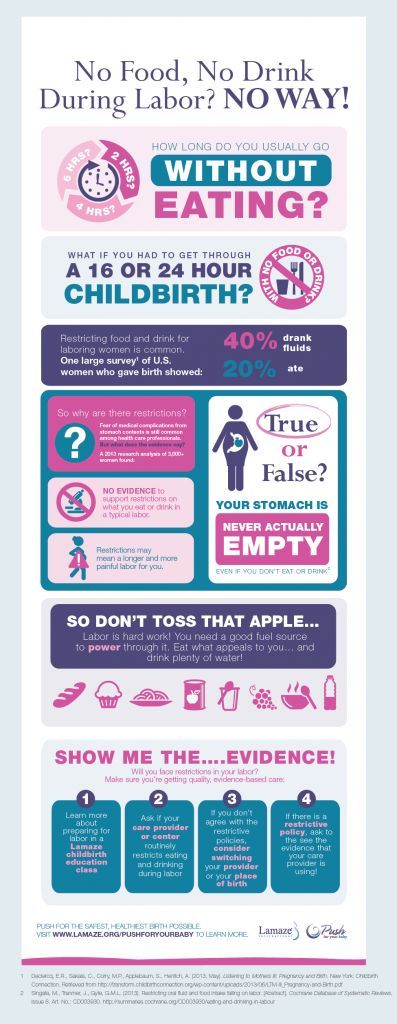Flying in your first trimester
1 month, 2 months, 3 months, etc. – Little Guest
Is the tropical sun calling out to you and your pregnant belly? Do not panic! Little Guest (collection of luxury family hotels) has compiled a list of various airline requirements for all future globe-trotting mothers and some « mum-to-be routines » to be followed before boarding and during the flight, depending on your pregnancy month.
Travel, travel, fly to the heights, over capital cities
First, let’s make it clear: air travel is likely to be safe for healthy pregnant women for the first 7 months. Although it is not advisable to travel by plane during the first trimester of pregnancy, note that you may suffer from the pains typical of the first few months of pregnancy under zero gravity. Travel becomes much more comfortable from the second trimester onwards. This period is best for long-haul flights. On the other hand, flying during the last trimester of pregnancy, especially during the last month, may pose some risks and is not recommended.
Questions you may have before the flight
« Is it risky to fly when pregnant? »British researchers from the RCOG (Royal College of Obstetricians and Gynaecologists of the United Kingdom) stated in a report published in January 2015 that travelling by air does not pose any risk to the health of the foetus or the expectant mother. Experts explain that variations in atmospheric pressure would not affect the mother and child during any month of the pregnancy. Neither would the aircraft cause miscarriage, premature delivery or water break. Air travel is actually the safest means of transport for pregnant women!
« What are the guidelines to follow? »
Consult your gynaecologist or midwife before flying, to ensure that there are no safety concerns with you flying. These specialists will review the situation with you as it relates to your particular circumstances. In case of high risk or pathological pregnancy – history of miscarriage or ectopic pregnancy – have an ultrasound scan done before departure to make sure everything is fine. Use the opportunity to request for a medical certificate. While flying, remember to drink plenty of water and move about as much as possible. Avoid alcohol and caffeine, do not eat too much salt and stay zen until arrival. Remember that contrary to what you might think, planes are safe for babies.
These specialists will review the situation with you as it relates to your particular circumstances. In case of high risk or pathological pregnancy – history of miscarriage or ectopic pregnancy – have an ultrasound scan done before departure to make sure everything is fine. Use the opportunity to request for a medical certificate. While flying, remember to drink plenty of water and move about as much as possible. Avoid alcohol and caffeine, do not eat too much salt and stay zen until arrival. Remember that contrary to what you might think, planes are safe for babies.
« Compression stockings, futile or useful? »
Flying can increase the risk of varicose veins and phlebitisis. Also known as venous thrombosis, phlebitis is brought on by prolonged sitting. Seat compression can cause venous stasis in the lower limbs that can induce a pre-thrombotic state. To ensure good blood circulation, the Royal College of Obstetricians and Gynaecologists of the United Kingdom recommend to put on compression stockings before departure and state that the wearing of suitable stockings is sufficient to reduce the risk of thrombosis.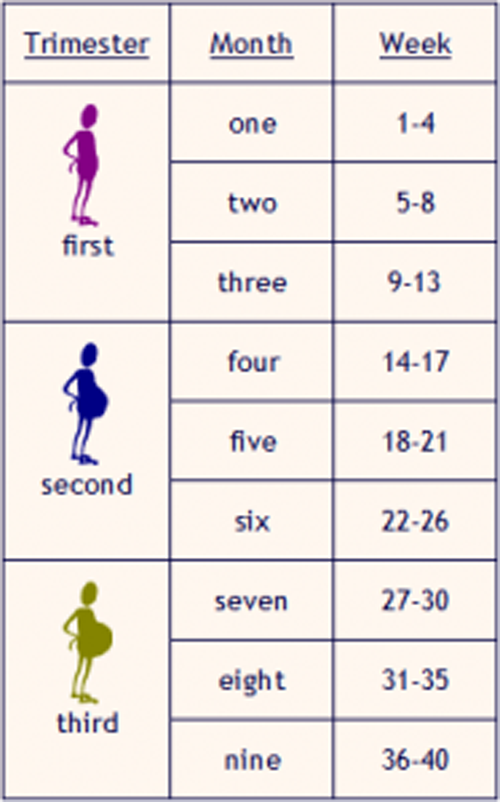 At the time of booking, choose an aisle seat to allow you to move more easily. It is important to move as much as possible during the flight.
At the time of booking, choose an aisle seat to allow you to move more easily. It is important to move as much as possible during the flight.
« Are airport scanners safe? »
According to RCOG researchers, security gates are considered safe for everyone, including pregnant women and their fetuses. If you are concerned about X-rays entering your body and radiating your baby, you need to first stop watching science fiction movies as the detectors do not use X-rays but use electromagnetic fields, they emit to measure fluctuations in the presence of metals. Be aware that the amounts of radiation are minimal or negligible, and that low-level exposure is safe.
Bringing life into weightlessness, a unique experience that can be organised!
Advices and tips by month of pregnancy
1 month pregnancy flightThe great pregnancy adventure begins! There is nothing to show at the moment that a little fellow is growing inside you, except perhaps that your breasts are fuller, but who can testify to that? There are no obvious physical changes or actual physiological disruptions at this stage, so you can travel comfortably without posing any risk to your child’s development.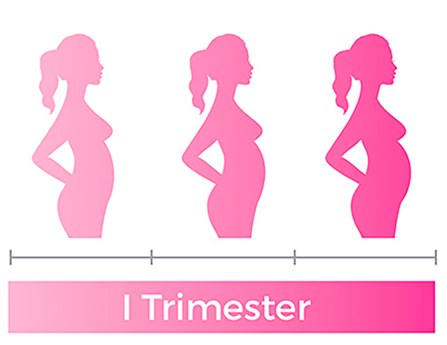
2 months pregnancy flight
The embryo begins its journey to the endometrium (the mucous membrane that covers the uterus) from the fourth week of life and the placenta gradually sets in place. Pregnancy hormones multiply, doubling almost every 24 hours. By the fifth week, the embryo begins developing at a high rate, with mothers often feeling more tired. Mood swings are now part of your daily routine. Flying is not discouraged, but keep in mind that flying at this stage of pregnancy is not always pleasant and sometimes even stressful. Symptoms of the first few weeks: nausea, heavy fatigue, cravings, bloating and heartburn can increase tenfold during the flight. Here are some tips to relieve your aches and pains: split meals, hydrate, add pieces of ginger root or lemon to your drinks and wear an anti-nausea bracelet.
3 months pregnancy flight
There are no problems with flying during this pregnancy phase, however, the third month is often synonymous with nausea and vomiting that can increase with altitude and make flying uncomfortable. Your uterus, which is now the size of a grapefruit, presses on your bladder, increasing the urge to urinate. Consider taking a seat in the aisle to provide easy access to the toilet in case of pressing need. Note that while the risk of miscarriage is higher during the first three months of pregnancy, the plane has no influence on this.
Your uterus, which is now the size of a grapefruit, presses on your bladder, increasing the urge to urinate. Consider taking a seat in the aisle to provide easy access to the toilet in case of pressing need. Note that while the risk of miscarriage is higher during the first three months of pregnancy, the plane has no influence on this.
4 months pregnancy flight
At this point in your pregnancy, you are increasingly less tired, you no longer feel nauseous and vomiting is already a distant memory. Your belly gets rounded, your nails and hair glow, your complexion looks good, your face lights up: you feel like you’re growing wings. This is the perfect time to fly! Make sure you drink plenty of water, stretch your legs regularly (about every hour) and sit comfortably in your seat to enjoy the flight.
5 months pregnancy flight
You are now entering your fifth month of pregnancy and your fetus is constantly moving! « I turn, I swirl, I fly and twirl.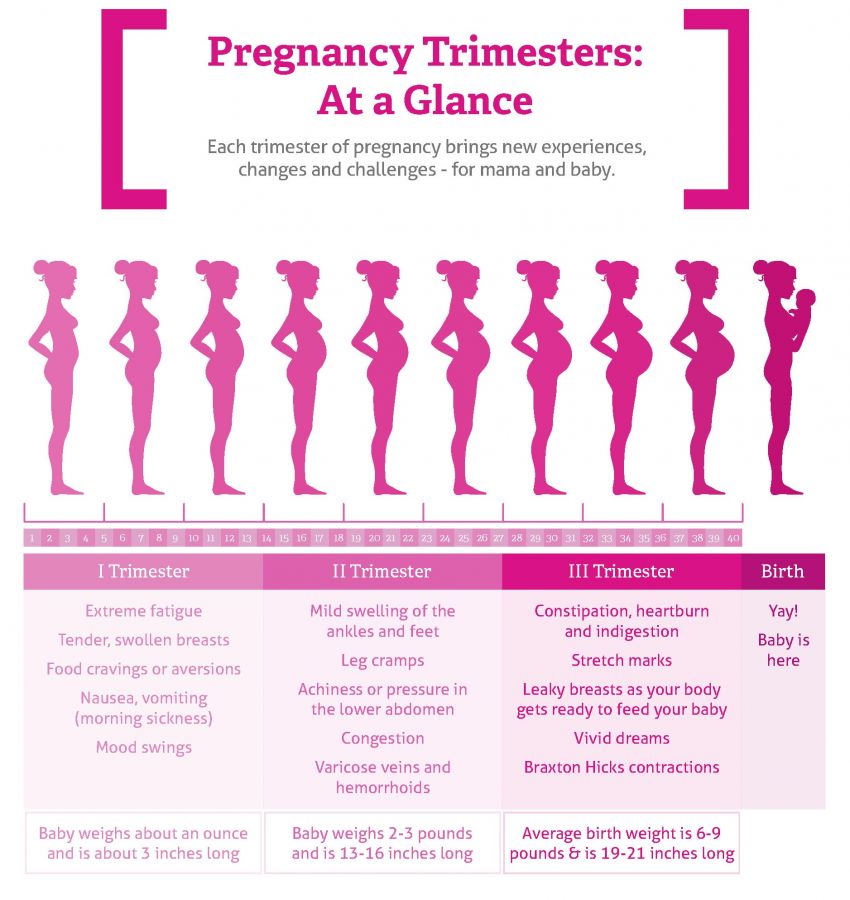 Exhausted, I fall asleep. I wake up. A life molecule in a prime magma. The warmth, the softness stimulate me. I swim, I move, I turn around. » Fortunately for Mom, these grand gestures are tiring, causing the fetus to rest for nearly 20 hours a day. The little downside is that their sleep hours may not be in line with yours or flight hours. The fetus can start moving and kicking at any time. Consider reserving a seat with legroom. Rest at the slightest opportunity for calm, sleep is essential.
Exhausted, I fall asleep. I wake up. A life molecule in a prime magma. The warmth, the softness stimulate me. I swim, I move, I turn around. » Fortunately for Mom, these grand gestures are tiring, causing the fetus to rest for nearly 20 hours a day. The little downside is that their sleep hours may not be in line with yours or flight hours. The fetus can start moving and kicking at any time. Consider reserving a seat with legroom. Rest at the slightest opportunity for calm, sleep is essential.
6 months pregnancy flight
Pregnant women can travel by air during the sixth month of pregnancy without restriction. The body is adapting increasingly to the fetus, while the belly is becoming even more rounded. It is common for expectant mothers to be prone to hot flashes and to sweat unusually from the 23rd week onwards. Remember to wear light and loose clothing in which you are comfortable. Your comfort is more important now than ever because once the plane has left the tarmac there is no question of turning around.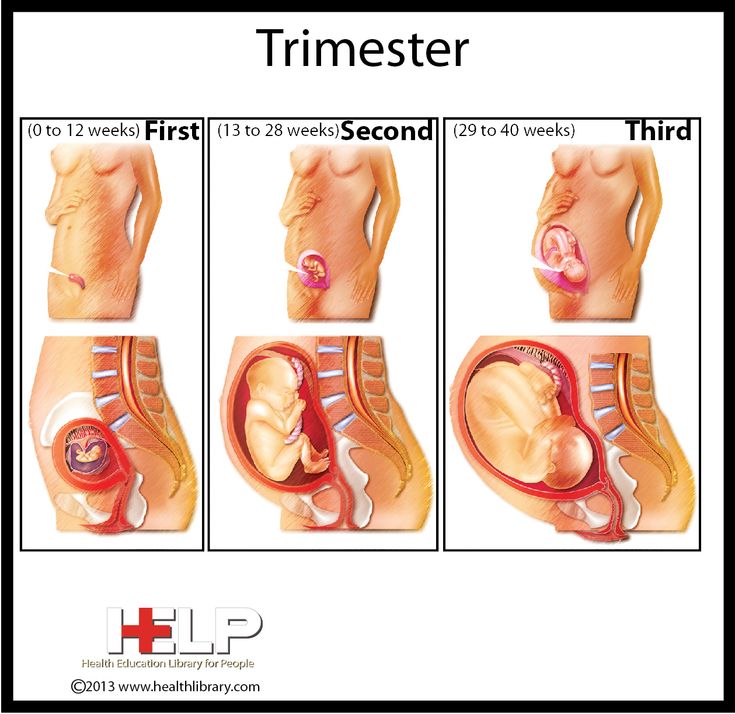 During the flight, make regular round trips between the front and rear of the aircraft to stretch your legs and improve blood circulation.
During the flight, make regular round trips between the front and rear of the aircraft to stretch your legs and improve blood circulation.
7 months pregnancy flight
Your baby has grown considerably, its organs and brain continue to develop, it is becoming more sensitive to what is happening outside and is now able to hear the world around it. However, this does not mean that expectant mothers cannot fly. The trip has no impact on the baby. As a precautionary measure, take out insurance to cover health and repatriation costs before booking tickets. Like all passengers, be sure to fasten your seat belt under your abdomen. Place a cushion between your rounded stomach and the lower belt strap to avoid direct pressure on the uterus. Sit comfortably in your seat, with your legs stretched out to move your ankles and toes. Also try to walk as regularly as possible during the flight.
8 months pregnancy flight
You are in your eighth month of pregnancy and are starting to think about giving birth as your baby is ready to point the tip of his nose. If you wish to fly at this stage of pregnancy, seek the advice of your doctor or midwife to make sure you are able to make the trip. If it is not recommended to fly at the end of pregnancy it is not due to an increased risk of water ruptures at altitude but because it is possible that the delivery may be triggered prematurely. The World Health Organization (WHO) advises against air travel for pregnant women after the 36th week of pregnancy or four weeks before the expected birth date prévue. Since labour can begin at any time during the last few weeks, it is recommended to avoid traveling during this period. It is also important to know in advance the flight conditions of the company you are traveling with.
If you wish to fly at this stage of pregnancy, seek the advice of your doctor or midwife to make sure you are able to make the trip. If it is not recommended to fly at the end of pregnancy it is not due to an increased risk of water ruptures at altitude but because it is possible that the delivery may be triggered prematurely. The World Health Organization (WHO) advises against air travel for pregnant women after the 36th week of pregnancy or four weeks before the expected birth date prévue. Since labour can begin at any time during the last few weeks, it is recommended to avoid traveling during this period. It is also important to know in advance the flight conditions of the company you are traveling with.
We’re taking off! We’re taking off! We’re taking off! ♫
Airline conditions
Each company has its own policy on travel and pregnancy, although the majority do not encourage women to fly in the third quarter and generally refuse flights beyond the 36th week.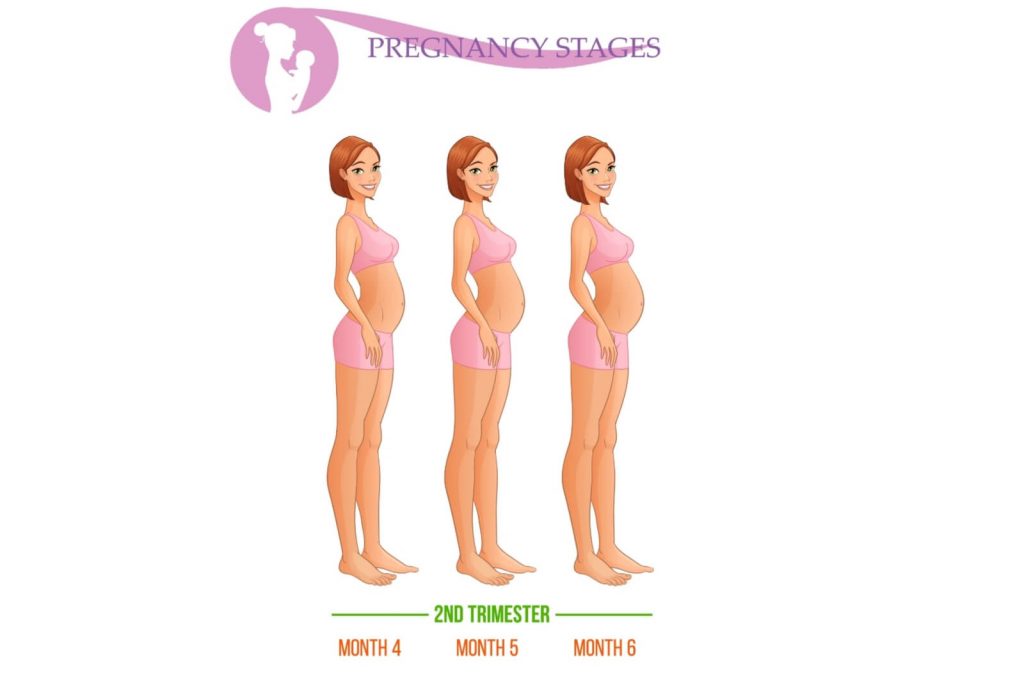 Some companies invite expectant mothers to submit a certificate from the doctor or midwife indicating the expected date of the birth.
Some companies invite expectant mothers to submit a certificate from the doctor or midwife indicating the expected date of the birth.
Air France
To take an Air France flight, you do not need a medical certificate. While the company has no restrictions, however, it recommends consulting a doctor or midwife before taking a flight. The French company also advises against travel from the 37th week of pregnancy onwards. See all the conditions to travel when you’re pregnant.
Until which week can I fly? 37th week
Do I have to bring a medical certificate? It is recommended to provide a doctor’s certificate
British Airways
With British Airways you can not travel after the end of the 36th week if you are expecting a baby and the end of the 32nd week if you expect twins. You must also bring a medical certificate if complications are expected.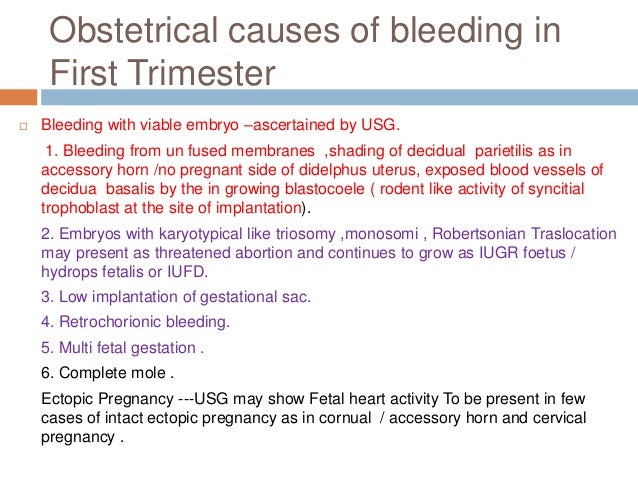 See all the conditions to travel when you’re pregnant.
See all the conditions to travel when you’re pregnant.
Until which week can I fly? 36th week
Do I have to bring a medical certificate? Yes, from the 28th week onwards
Brussels Airlines
With Brussels Airlines, you can travel until the 36th week of pregnancy as long as you present a medical certificate stating that the pregnancy does not present any complications, mentioning the expected date of delivery and indicating that the flight is suitable for the patient. In case of risk, an authorization from a qualified doctor is required. See all the conditions to travel when you’re pregnant.
Until which week can I fly? 36th week
Do I have to bring a medical certificate? Yes
Emirates
Emirates applies similar modalities. You can travel until the 36th week of pregnancy in the case of a single pregnancy and the end of the 32nd week for twins. After the 29th week of pregnancy, a medical certificate or letter signed by the doctor is required indicating that the pregnancy is simple or multiple, that it is uncomplicated, that the future mother is in good health and that she is suitable the flight. The company reserves the right to refuse access if in doubt as to the pregnant woman’s ability to make the trip. See all the conditions to travel when you’re pregnant.
After the 29th week of pregnancy, a medical certificate or letter signed by the doctor is required indicating that the pregnancy is simple or multiple, that it is uncomplicated, that the future mother is in good health and that she is suitable the flight. The company reserves the right to refuse access if in doubt as to the pregnant woman’s ability to make the trip. See all the conditions to travel when you’re pregnant.
Until which week can I fly? 36th week (32nd week for twins)
Do I have to bring a medical certificate? Yes, after the 29th week
Easy Jet
Easy Jet authorizes travel until the end of the 35th week for single pregnancies and the end of the 32nd week for twins. Pregnant women are allowed to travel with a baby on their knees. See all the conditions to travel when you’re pregnant.
Until which week can I fly? 35th week (32nd week for twins)
Do I have to bring a medical certificate? No
KLM
KLM requires written authorization from the physician for women who have experienced complications during their pregnancy. If you have more than one baby, please consult your doctor first. The flight is not recommended for pregnant women beyond 36 weeks. See all the conditions to travel when you’re pregnant.
If you have more than one baby, please consult your doctor first. The flight is not recommended for pregnant women beyond 36 weeks. See all the conditions to travel when you’re pregnant.
Until which week can I fly? 36th week
Do I have to bring a medical certificate? Only in case of complications
Lufthansa
Pregnant women can fly with Lufthansa without gynaecological authorization until the end of the 36th week as long as the pregnancy is proceeding without complications. It is nevertheless recommended to provide a certificate from the 28th week of pregnancy (you can download it here, Lufthansa flight certificate). In the case of multiple pregnancies, access to the plane is possible until the 28th week. The company also recommends that future mothers wear compression stockings for the duration of the flight. The company stresses that it is not responsible for a rebuttal to enter a foreign territory because of pregnancy and advises pregnant women to learn about the legal provisions of the destination country.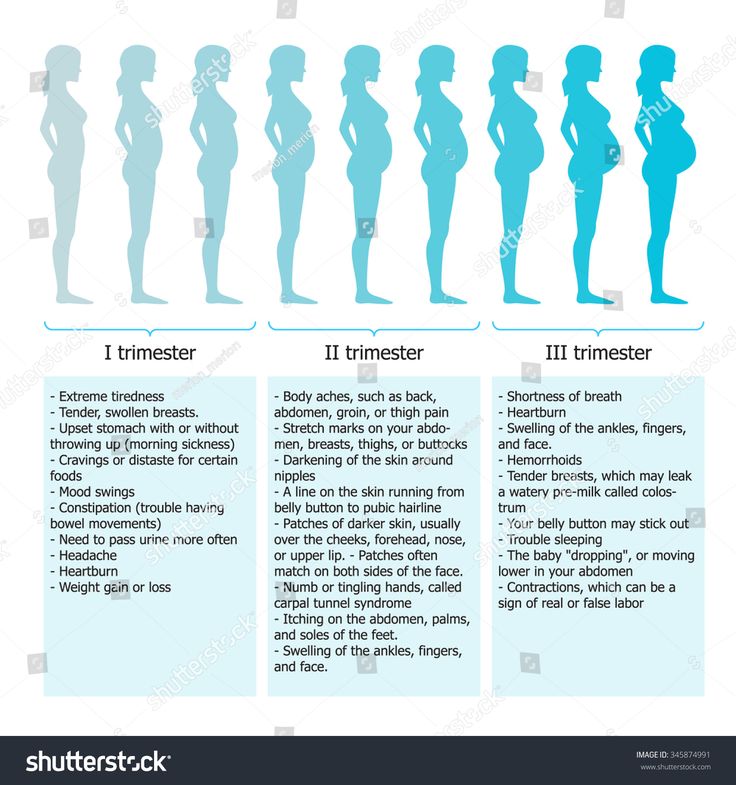 See all the conditions to travel when you’re pregnant.
See all the conditions to travel when you’re pregnant.
Until which week can I fly? 36th week (28th week in case of twins)
Do I have to bring a medical certificate? Yes, from the 28th week
Ryanair
With Ryanair, it is necessary to submit a letter of proficiency (the medical confirmation template can be downloaded here in pdf format) completed by a doctor or midwife at the boarding gate. For single pregnancies, Ryanair records the trip at the end of the 36th week and the end of the 32nd week if you expect twins or triplets. See all the conditions to travel when you’re pregnant.
Until which week can I fly? 36th week (32nd week for multiple pregnancies)
Do I have to bring a medical certificate? Yes, a flight aptitude letter is required
3 Luxury hotels for (expectant) mothers
Hôtel Royal EvianWith breathtaking views of Lake Geneva and the surrounding mountains, the prestigious Hôtel Royal Evian welcomes future mothers to its 1,200 m2 spa.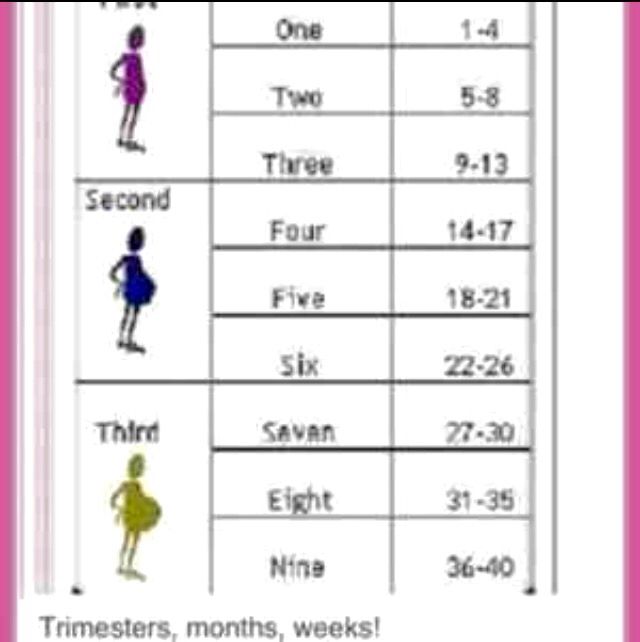 The establishment, which recently won the « palace » award, has specifically designed an exclusive, tailor-made wellness program for young mothers and their babies aged 4 to 10 months. Mom learns how to massage her baby in the morning, and gets pampered herself in the afternoon by experienced masseuses.
The establishment, which recently won the « palace » award, has specifically designed an exclusive, tailor-made wellness program for young mothers and their babies aged 4 to 10 months. Mom learns how to massage her baby in the morning, and gets pampered herself in the afternoon by experienced masseuses.
Asia Gardens Hotel & Thai Spa
Asia Gardens, a 5-star hotel, is only 10 minutes from the most beautiful beaches of Alicante. Surrounded by lagoon pools and Asian-inspired gardens, this family destination is renowned in northern Spain for its Thai-inspired spa. It provides free yoga, Pilates, tai chi or chi-kung lessons to parents, as well as traditional afternoon massages and tea tastings.
Shangri-La Paris
Located 800 meters from the Eiffel Tower and the banks of the Seine, the magnificent Shangri-La Paris hotel offers future mothers (from the second trimester of pregnancy or after birth) exceptional prenatal care.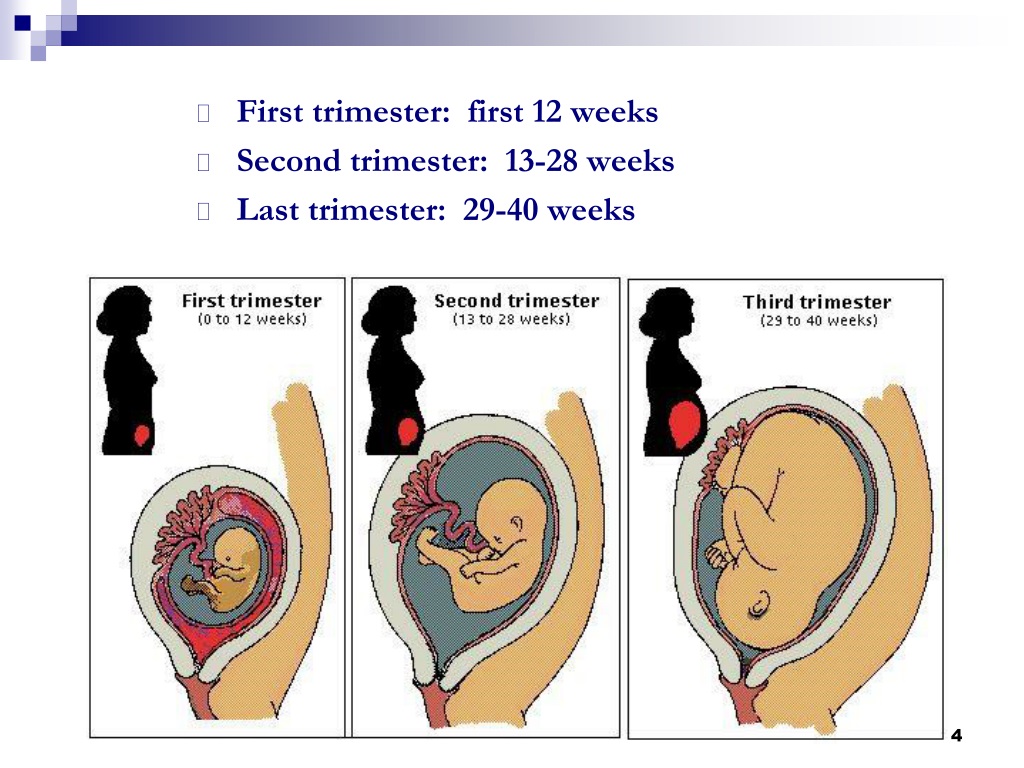 On the agenda: 2 hours and 30 minutes of relaxation in one of the sumptuous treatment rooms of the CHI spa with a relaxing back massage and foot draining. And why not conclude this wellness break with a luxurious manicure and pedicure? We are, after all, here to have fun!
On the agenda: 2 hours and 30 minutes of relaxation in one of the sumptuous treatment rooms of the CHI spa with a relaxing back massage and foot draining. And why not conclude this wellness break with a luxurious manicure and pedicure? We are, after all, here to have fun!
Travelling by plane is not your cup of tea? You prefer to travel a little slower but still have the opportunity to observe the landscape? No problem, at Little Guest we have thought about everything. Have a look at our article on train travel during pregnancy! Spoiler alert: the train is pregnant woman’s best friend!
Audrey, 24 years old, journalist, from Brussels, Belgium
Travelling in pregnancy - NHS
With the proper precautions such as travel insurance, most women can travel safely well into their pregnancy.
Wherever you go, find out what healthcare facilities are at your destination in case you need urgent medical attention. It's a good idea to take your maternity medical records (sometimes called handheld notes) with you so you can give doctors the relevant information if necessary.
It's a good idea to take your maternity medical records (sometimes called handheld notes) with you so you can give doctors the relevant information if necessary.
Find out more about getting healthcare abroad.
Make sure your travel insurance covers you for any eventuality, such as pregnancy-related medical care during labour, premature birth and the cost of changing the date of your return trip if you go into labour.
When to travel in pregnancy
Some women prefer not to travel in the first 12 weeks of pregnancy because of nausea and vomiting and feeling very tired during these early stages. The risk of miscarriage is also higher in the first 3 months, whether you're travelling or not.
Travelling in the final months of pregnancy can be tiring and uncomfortable. So, many women find the best time to travel or take a holiday is in mid-pregnancy, between 4 and 6 months.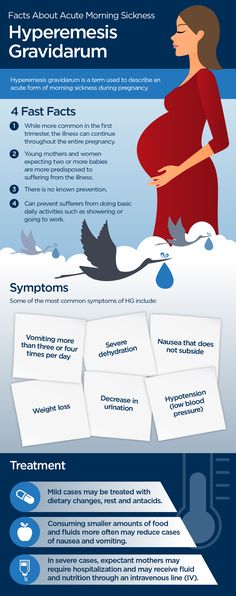
Flying in pregnancy
Flying isn't harmful to you or your baby, but discuss any health issues or pregnancy complications with your midwife or doctor before you fly.
The chance of going into labour is naturally higher after 37 weeks (around 32 weeks if you're carrying twins), and some airlines won't let you fly towards the end of your pregnancy. Check with the airline for their policy on this.
After week 28 of pregnancy, the airline may ask for a letter from your doctor or midwife confirming your due date, and that you aren't at risk of complications.
Long-distance travel (longer than 4 hours) carries a small risk of blood clots (deep vein thrombosis (DVT)). If you fly, drink plenty of water and move about regularly – every 30 minutes or so. You can buy a pair of graduated compression or support stockings from the pharmacy, which will help reduce leg swelling.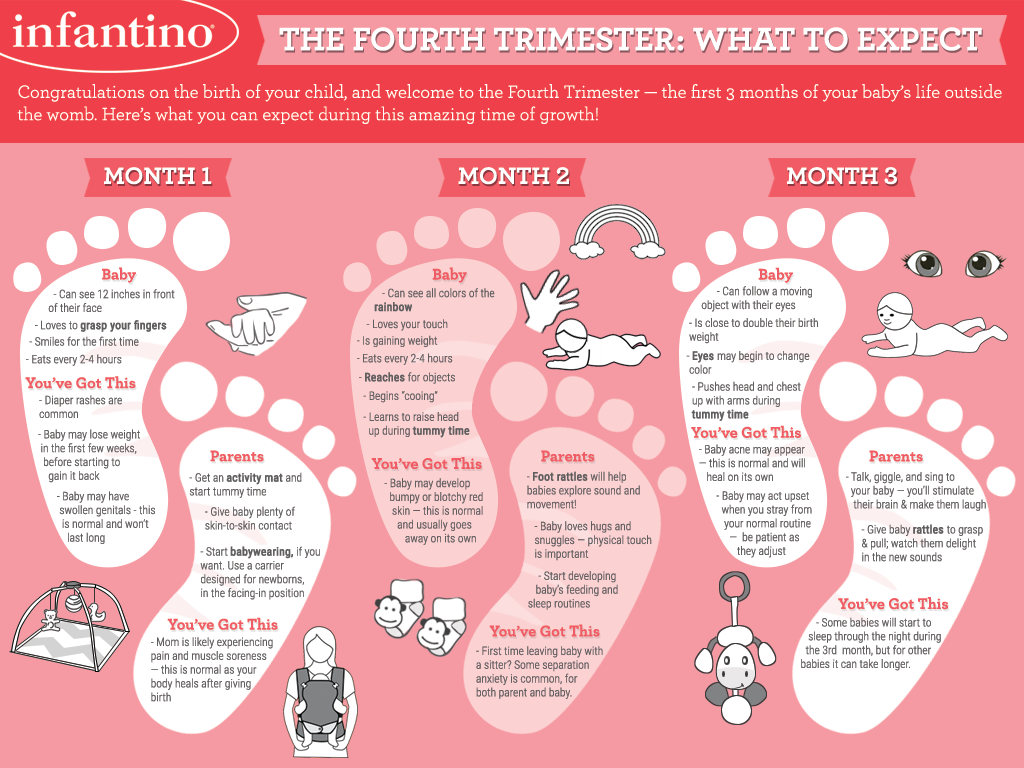
Travel vaccinations when you're pregnant
Most vaccines that use live bacteria or viruses aren't recommended during pregnancy because of concerns that they could harm the baby in the womb.
However, some live travel vaccines may be considered during pregnancy if the risk of infection outweighs the risk of live vaccination. Ask your GP or midwife for advice about specific travel vaccinations. Non-live (inactivated) vaccines are safe to use in pregnancy.
Malaria tablets
Some anti-malaria tablets aren't safe to take in pregnancy so ask your GP for advice.
Zika virus
Zika virus is mainly spread by mosquitoes found in some parts of the world. For most people it's mild and not harmful, but can cause problems if you're pregnant.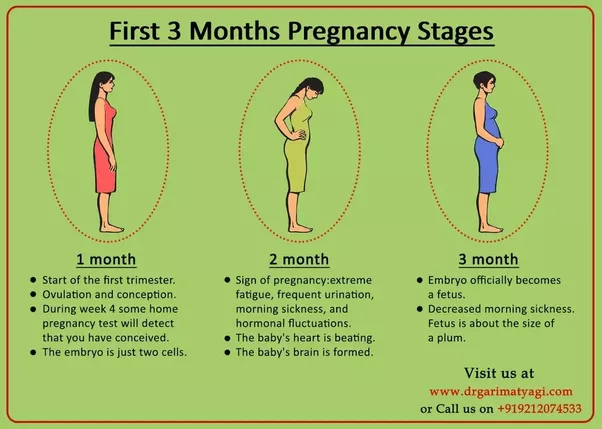
If you are pregnant, it is not recommended to travel to parts of the world where the Zika virus is present, such as parts of:
- South and Central America
- the Caribbean
- the Pacific islands
- Africa
- Asia
Check before you travel
It's important to check the risk for the country you're going to before you travel.
Find out more about the Zika virus risk in specific countries on the Travel Health Pro website
Car travel in pregnancy
It's best to avoid long car journeys if you're pregnant. However, if it can't be avoided, make sure you stop regularly and get out of the car to stretch and move around.
You can also do some exercises in the car (when you're not driving), such as flexing and rotating your feet and wiggling your toes.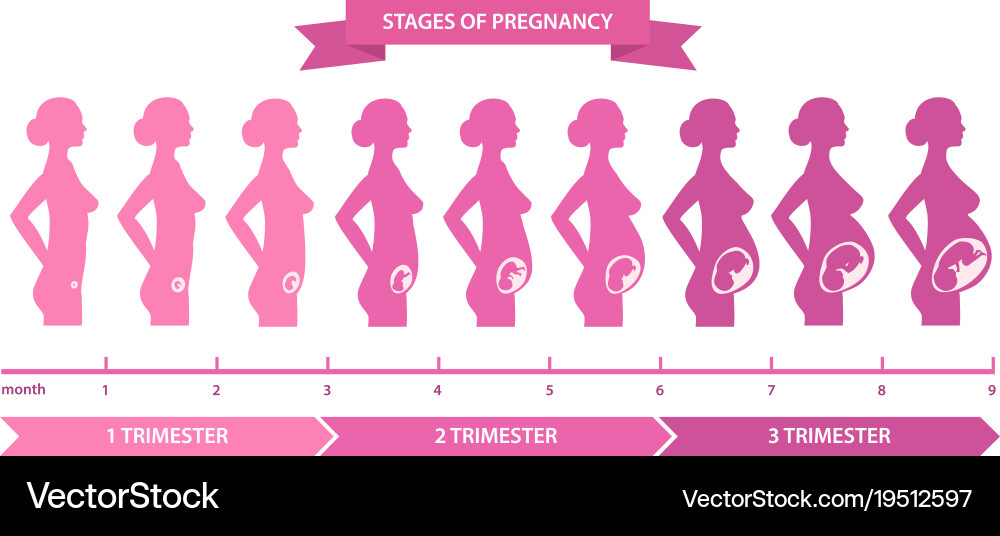 This will keep the blood flowing through your legs and reduce any stiffness and discomfort. Wearing compression stockings while on long car journeys (more than 4 hours) can also increase the blood flow in your legs and help prevent blood clots.
This will keep the blood flowing through your legs and reduce any stiffness and discomfort. Wearing compression stockings while on long car journeys (more than 4 hours) can also increase the blood flow in your legs and help prevent blood clots.
Tiredness and dizziness are common during pregnancy so it's important on car journeys to drink regularly and eat natural, energy-giving foods, such as fruit and nuts.
Keep the air circulating in the car and wear your seatbelt with the cross strap between your breasts and the lap strap across your pelvis under your bump, not across your bump.
Road accidents are among the most common causes of injury in pregnant women. If you have to make a long trip, don't travel on your own. You could also share the driving with your companion.
Sailing in pregnancy
Ferry companies have their own restrictions and may refuse to carry heavily pregnant women (often beyond 32 weeks on standard crossings and 28 weeks on high-speed crossings ).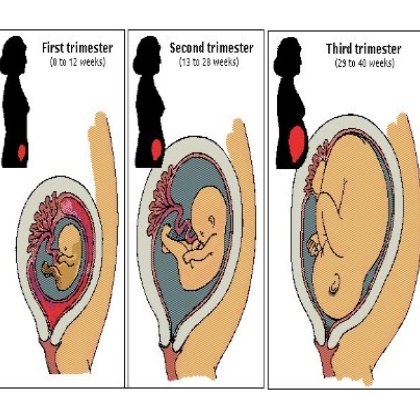 Check the ferry company's policy before you book.
Check the ferry company's policy before you book.
For longer boat trips, such as cruises, find out if there are onboard facilities to deal with pregnancy and medical services at the docking ports.
Food and drink abroad in pregnancy
Take care to avoid food- and water-borne conditions, such as stomach upsets and travellers' diarrhoea. Some medicines for treating stomach upsets and travellers' diarrhoea aren't suitable during pregnancy.
Always check if tap water is safe to drink. If in doubt, drink bottled water. If you get ill, keep hydrated and continue eating for the health of your baby, even if you're not hungry.
Find out about a healthy diet in pregnancy, and foods to avoid in pregnancy.
Flying on vacation while pregnant. Rules, recommendations, tips
ATOR Bulletin, with the help of gynecologists and insurers, has compiled a set of the most important tips and recommendations that pregnant women will need when planning, preparing, flying and staying on a summer beach holiday - from choosing insurance to the rules of safe tanning and nutrition.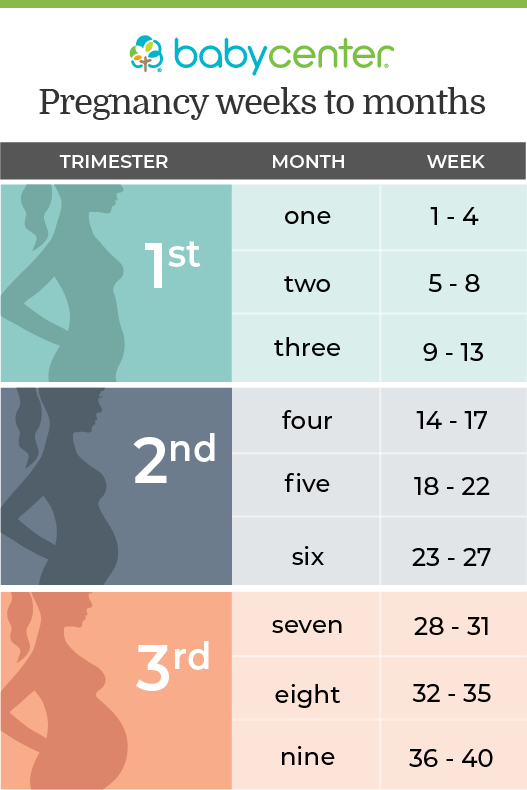
Vestnik ATOR was told about the details and nuances of organizing summer vacation during pregnancy:
Natalya Badikova , obstetrician-gynecologist with 13 years of experience, urogynecologist, PhD
Yulia Alcheeva , executive director of the insurance company ERV, the largest monotourism insurance company in Russia
From our review you will find out:
- At what period of pregnancy can you fly on vacation, and when is it better to stay at home
- Until what week of pregnancy can you fly on vacation abroad
- Which insurance to choose for pregnant women
- What needs to be done before a vacation for a pregnant woman and what documents to take
- What are the symptoms of a pregnant woman to postpone the trip
- Plane, car, train - which is safer for pregnant women?
- Is it possible for pregnant women to pass the scanner during security screening at the airport
- Air travel during pregnancy: how to behave and what to take with you
- Which country to choose for a beach vacation during pregnancy
- How to sunbathe during pregnancy
- Where it is safe to swim while pregnant - sea or swimming pool
- How to eat while pregnant on vacation
- What to do if you find out you are pregnant while on vacation
I.
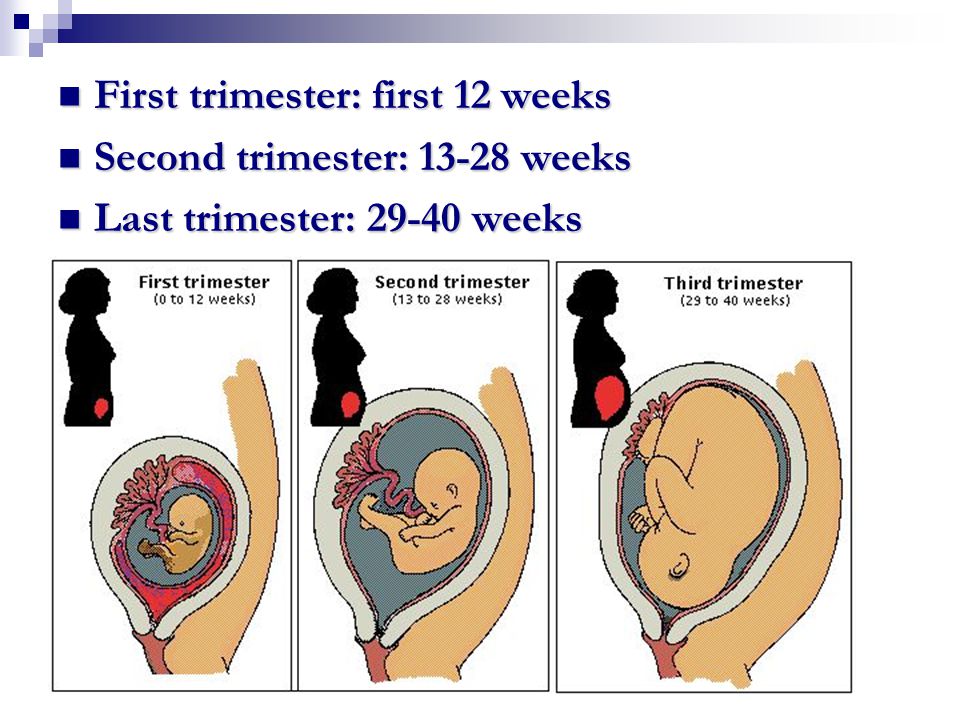 PLANNING A PREGNANCY HOLIDAY
PLANNING A PREGNANCY HOLIDAY
WHEN PREGNANT WOMAN CAN GO ON HOLIDAY AND WHEN IT IS BETTER TO STAY AT HOME
during pregnancy, exclude pathological conditions. nine0003
To eliminate the risks of early booking, pregnant women should always take extended insurance when buying a tour - with the trip cancellation insurance option included. If you found out about pregnancy after buying the tour, you should purchase such insurance separately, as well as special medical insurance (but more on that later).
According to doctors and insurers, if there are no medical contraindications, it is best to go on a beach vacation with air travel in the second trimester of pregnancy, with some restrictions - in the first and first half of the third trimester (up to 31 weeks)
“The gestation period is from 14 weeks to 23 weeks, according to medical practice, the most “calm” and relatively safe period for flights and any travel,” says Natalya Badikova, obstetrician-gynecologist.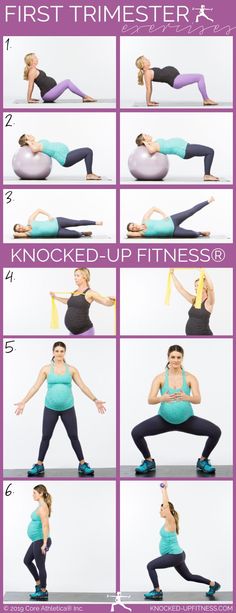
Pregnancy from 14 weeks to 23 weeks, according to medical practice, the most "calm" and relatively safe period for flights and any travel
According to doctors, it's not just that before the 12th week, pregnant women often experience toxicosis, which manifests itself in fatigue, nausea, poor health, changes in taste preferences, etc., which, of course, does not contribute to a peaceful rest. But also in the fact that until the 14th week inclusive, in the body of a woman there is an intensive main "laying" of all the systems and organs of the baby - and it is important not to interfere with her. In addition, in Russia, the most important screening during pregnancy is performed just at the end of the first trimester - from 11 to 14 weeks. This screening includes specialized ultrasound diagnostics, calculation of the individual risk of having a child with a chromosomal pathology, and a number of other complex studies. It is highly undesirable to miss it, so traveling far from the place of medical observation from the 11th to the 14th week of pregnancy is best excluded altogether.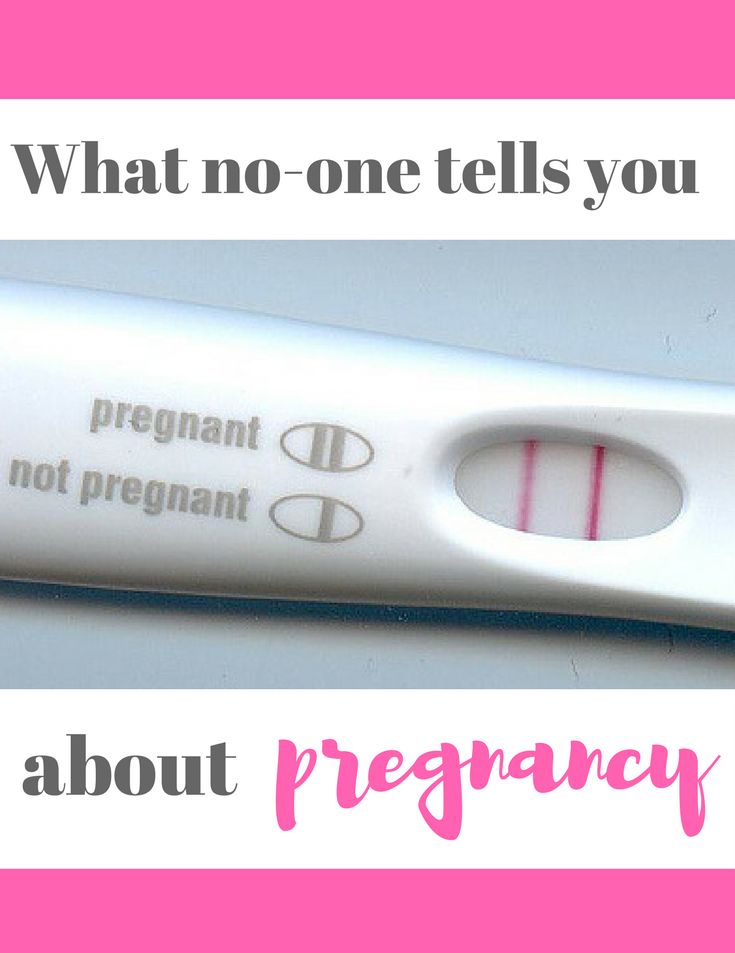 nine0003
nine0003
The same rule applies to 18-21 weeks - at this time, pregnant women undergo a second screening (perinatal diagnosis of fetal anomalies, a very important study), so you need to be within reach of the clinic where it is carried out and plan the start and end dates correctly tour so as to have time to pass this examination.
TILL WHAT WEEK OF PREGNANCY CAN YOU FLY ON A VACATION ABROAD PREGNANCY
Note that the third trimester of pregnancy is generally not recommended for travel with air travel and climate change. In particular, doctors consider it highly undesirable to fly on vacation from the 28th week of pregnancy until childbirth if:
- aggravated obstetric and gynecological history (earlier termination of pregnancy, miscarriages, miscarriages, serious gynecological diseases, etc.)
- there are serious somatic comorbidities, including autoimmune diseases
- we are talking about a multiple pregnancy (twins or triplets).
However, if the pregnancy proceeds normally, without complications, then the tourist can go on a beach holiday abroad, but so that it ends no later than 31 weeks of pregnancy. nine0003
nine0003
Why this period? The point is not only the increased risk at this stage, but also the fact that all special insurance products existing in Russia with options for pregnant women provide insurance coverage for medical expenses for pregnant women only up to 31 weeks as a maximum. Therefore, all trips of pregnant women, starting from the 32nd week, will not be insured by any insurance company. There are simply no such policies - which means that complications or premature births abroad threaten with huge amounts billed for treatment. nine0003
After 32 weeks, both doctors and insurers give good advice to everyone: do not travel abroad, unless it is about some difficult life situations. This advice should be taken very seriously. The statistics of the largest travel insurer, ERV, are disappointing: 9 out of 10 women who seek medical assistance abroad for pregnancy complications lose a child.
Finally, let's recall one more factor. At a gestational age of 30-34 weeks, ultrasound is performed at the place of observation of a pregnant woman. That is, during this period it is also better to be within the reach of the health facility, where pregnancy monitoring takes place. nine0003
That is, during this period it is also better to be within the reach of the health facility, where pregnancy monitoring takes place. nine0003
WHICH INSURANCE TO CHOOSE FOR PREGNANT WOMEN
“The first thing tourists should understand is that pregnant women traveling abroad need special and separate insurance with options specifically for pregnant women. No basic insurance policy on the market that comes "by default" in a regular tour package covers any risks of pregnancy complications at 12-31 weeks. In this case, the tourist must ask a travel agent or take out additional insurance under a special program himself, ”says the executive director of the ERV insurance company. nine0003
Pregnant women traveling abroad need special and separate insurance with options specifically for pregnant women - this is not the same insurance that is already included in the tour package
The vast majority of Russian insurance companies do not include the risks of pregnancy complications up to 12 weeks into their basic programs. The only exception on the market is ERV insurance, which even in the “basic” version recognizes pregnancy complications for up to 12 weeks as an insured event, since there is a possibility that the insured might not have known about her pregnancy in the early stages. nine0003
The only exception on the market is ERV insurance, which even in the “basic” version recognizes pregnancy complications for up to 12 weeks as an insured event, since there is a possibility that the insured might not have known about her pregnancy in the early stages. nine0003
Insurance products for pregnant women, starting from 12-13 weeks, are available in the range of all major players in the insurance market, the tourist can choose such insurance according to the set of options, the amount of insurance coverage or price.
As for insurances that cover risks up to 31 weeks of pregnancy (this is the maximum period), there are relatively few of them. The most “complete” insurance is again with ERV (Optima tariff): in addition to the period up to 31 weeks inclusive, the coverage here includes medical expenses not only for women, but also 10 thousand euros for nursing a child in a medical institution in case of premature birth (other companies cover mother's medical expenses only).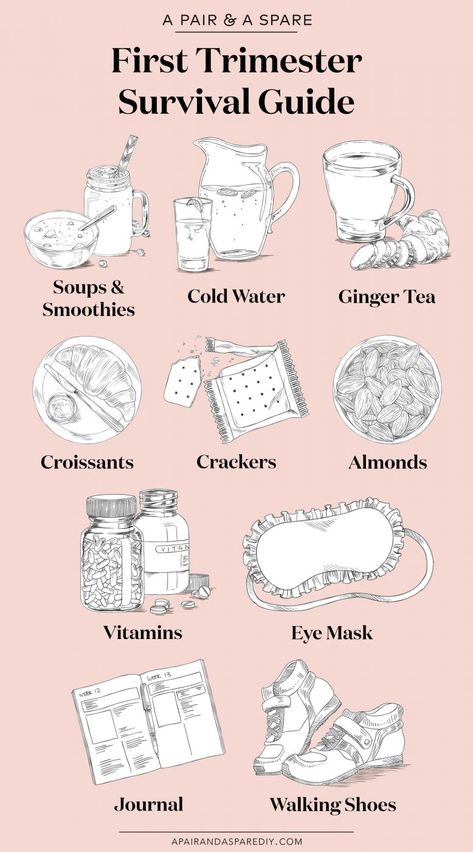 This amount is enough for long-term care of the baby using special equipment in Europe or Turkey. nine0003
This amount is enough for long-term care of the baby using special equipment in Europe or Turkey. nine0003
And of course, the insurance must necessarily include the option “cancellation of the trip” (in everyday life this is also called “non-departure insurance”). The condition of a pregnant woman changes, and it may happen that right before the trip she will have contraindications to the flight. It is important to remember that if a tourist flies with her husband, children, or other relatives, then they will all receive the full amount of the entire tour only if the “insurance against non-departure” is issued for all of them (and not just for the pregnant woman herself). nine0003
WHAT SHOULD A PREGNANT WOMAN NEED TO DO BEFORE HOLIDAY AND WHAT DOCUMENTS TO TAKE
Before the trip (3-7 days in advance) it is necessary to visit a therapist and attending gynecologist, get a consultation and, if necessary, undergo the prescribed tests and procedures.
You need to ask the doctor to issue a certificate for the airline about the duration of pregnancy and the absence of medical contraindications (without it, if there are external signs of pregnancy, some air carriers may not allow you to board the aircraft). nine0003
nine0003
“In addition to insurance, travel documents and passports, you should also take an exchange card - especially if you are going to Russia. For the convenience and peace of mind of the vacationer, you can also take an extract from the attending physician with your medical history, appointments, the results of the last ultrasound, screening, etc., and translate them, if not into the language of the host country, then at least into English, ”advises the doctor gynecologist Natalya Badikova.
It would also be nice if the attending physician could be in touch with the tourist during the holidays. Modern telemedicine services allow this. For example, before traveling, you can check with your doctor if he consults remotely in a special application, or purchase a subscription to several telemedicine consultations from a trusted telemedicine operator. By the way, gynecologists also consult remotely. nine0003
WHAT SYMPTOMS OF A PREGNANT WOMEN IT IS BETTER TO POSTPONE A TRIP
“Drawing pains in the lower abdomen in the first trimester of pregnancy, pulling, cramping pains or tension (false and true contractions) – in the second and third trimester of pregnancy before a trip – an alarm call. These are unconditional reasons for immediate medical attention. Brownish spotting or, moreover, scarlet spotting at any stage of pregnancy, watery - in the second and third trimester - is also a reason to immediately consult a doctor, and not go to the airport, ”says Natalya Badikova. nine0003
These are unconditional reasons for immediate medical attention. Brownish spotting or, moreover, scarlet spotting at any stage of pregnancy, watery - in the second and third trimester - is also a reason to immediately consult a doctor, and not go to the airport, ”says Natalya Badikova. nine0003
Among other "bad" signs that indicate the need for prompt consultation of a tourist with a doctor is a sharp headache accompanied by tinnitus. This may be the first signs of preeclampsia or preeclampsia. Reasons to postpone a trip for a pregnant woman are vomiting, diarrhea, as well as exacerbation of concomitant diseases.
In order for a pregnant woman to painlessly cancel a trip for health reasons and not lose money, when buying a tour or separately (but maximum 5 days before departure), you need to take out travel insurance for all tour participants, which we have already talked about. As a rule, its cost is 5% of the total tour. nine0003
II. AIR TRAVELING IN PREGNANCY
PLANE, CAR, TRAIN – WHICH IS SAFE FOR PREGNANT WOMEN?
Contrary to popular belief, the plane is not the most "risky" mode of transport for pregnant women.
“Many people think that the safest way for pregnant women to travel is by car because you can stop wherever you want. But it's not. The way it shakes in a car, it doesn't shake anywhere, even on a train. Bumps, sudden braking, emergency situations on the road - all this has a very negative effect on the state of pregnancy. Plus, prolonged physical inactivity, motion sickness, the smell of gasoline - this can trigger a cascade of pathological reactions, ”says Dr. Badikova. nine0003
As for the train, if it is a comfortable express, and especially if the journey is not long (3-4 hours, "Sapsan"), then it is quite possible to consider it. You can also consider the new double-decker express trains "Moscow-Sochi". In other cases, especially if the train is old, with age-appropriate bathrooms, doctors recommend considering an airplane instead of a train.
IS IT POSSIBLE FOR PREGNANT WOMEN TO PASS THE SCANNER WHEN INSPECTION AT THE AIRPORT
Only X-ray devices are dangerous - therefore, you should find out what type of scanner is at the airport.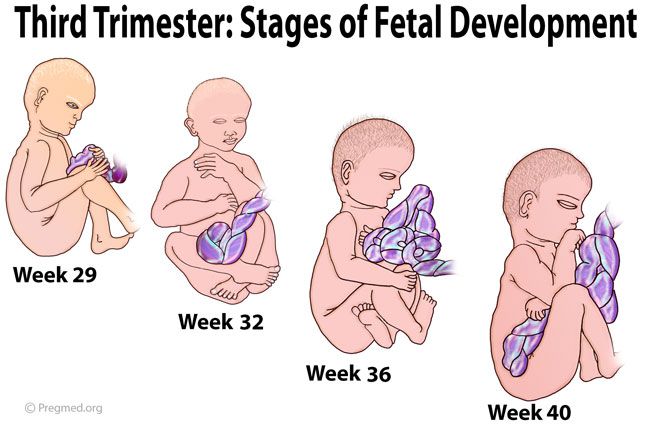 If there is a corresponding icon on the device, then you should present a certificate of pregnancy to the airport employee and go through other screening procedures. nine0003
If there is a corresponding icon on the device, then you should present a certificate of pregnancy to the airport employee and go through other screening procedures. nine0003
However, modern devices at airports are not dangerous for pregnant women. “Modern airport scanners use a low-frequency electromagnetic field. This is not ionizing radiation, there is no harm to the body of the pregnant woman and the baby from him, as well as from ultrasound, ”says Natalya Badikova.
FLIGHT IN PREGNANCY: HOW TO BE AND WHAT TO BRING WITH YOU
Air travel also has its own factors that can negatively affect the health of pregnant women. There are risks, but if the pregnant woman feels well, and the doctors have no objection to the vacation, you can fly. nine0003
Firstly, these are changes in blood pressure during takeoff and landing. This is usually fought by creating a state of rest (you need to take a special pillow with an adjustable boost, disposable ear plugs, an eye mask for the flight), and drinking plenty of water (plain water without gas).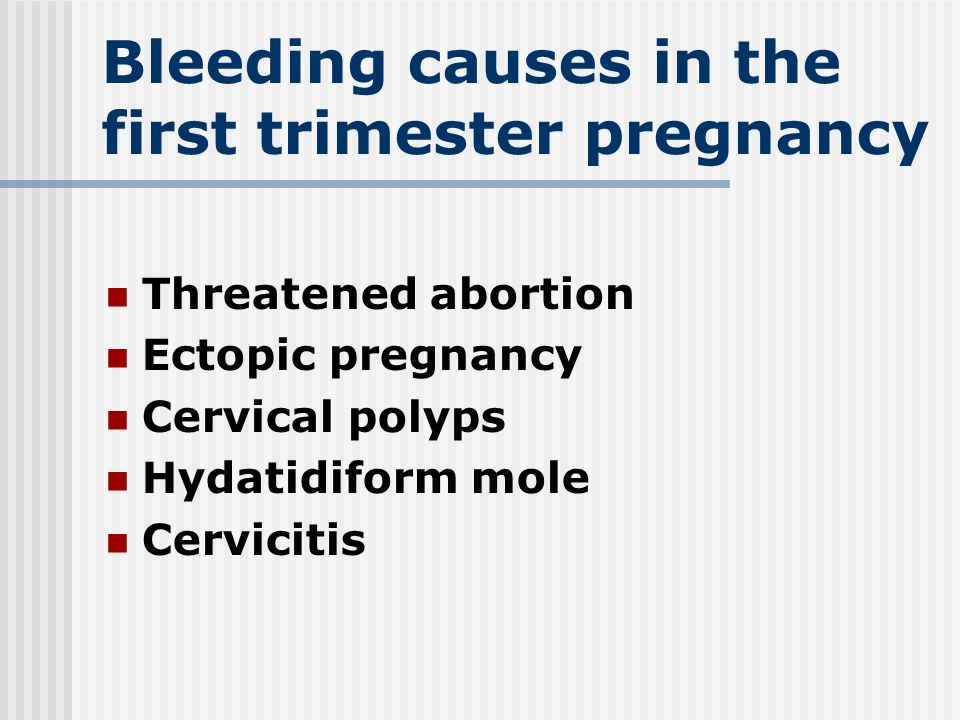 You can easily buy water at the airport after crossing the border. It is also a good idea to take a bar of dark chocolate with you on a flight (in case of pressure drops and just for a snack).
You can easily buy water at the airport after crossing the border. It is also a good idea to take a bar of dark chocolate with you on a flight (in case of pressure drops and just for a snack).
Secondly, this is hypodynamia and a long stay in a sitting position, so pregnant women should, if possible, choose destinations for recreation with a short flight (3-5 hours) during this period of their lives
Pregnant women should, if possible, choose holiday destinations during this period of their lives with a short flight (3-5 hours)
Why? “Long stay in a sitting position leads to congestion in the pelvis. This can disrupt blood flow in the pelvic organs, including the uterus, and cause changes in bowel function. Swollen intestinal loops can put pressure on the uterus, this can cause hypertonicity, which, in some cases, can cause abortion, ”explains Natalia Badikova. How to deal with this risk? It's simple: during the flight, you should try to walk around the cabin more often, get up, change the position of the body, do light gymnastics for the legs and arms.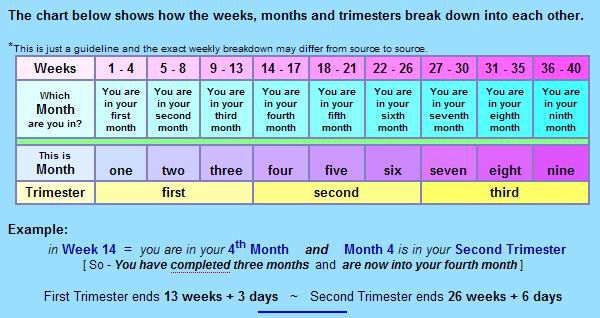 nine0003
nine0003
A pregnant woman should not forget to take hygiene products (wet wipes, disposable pads, etc.), micellar water (no more than 100 ml to be allowed on the plane) with her on the flight (in hand luggage) - to moisturize the skin during the flight, a set of drugs (if the drugs are rare and prescription, it is better to take a prescription for them, sometimes with a notarized translation - in order to avoid difficulties at the border).
Pregnant women should also take care of compression stockings during the flight. These must be stockings or stockings (compression class must be determined by the attending physician). In the second and third trimester, a prenatal bandage should be worn for flying. During the flight, a woman should wear cotton underwear and a bra with wide straps. nine0003
During the flight, it is better for pregnant women to wear comfortable shoes - light, breathable moccasins or slippers.
III. PREGNANCY BEACH HOLIDAY
WHICH COUNTRY TO CHOOSE FOR A PREGNANT BEACH HOLIDAY
The list of such countries is determined by a combination of three main factors.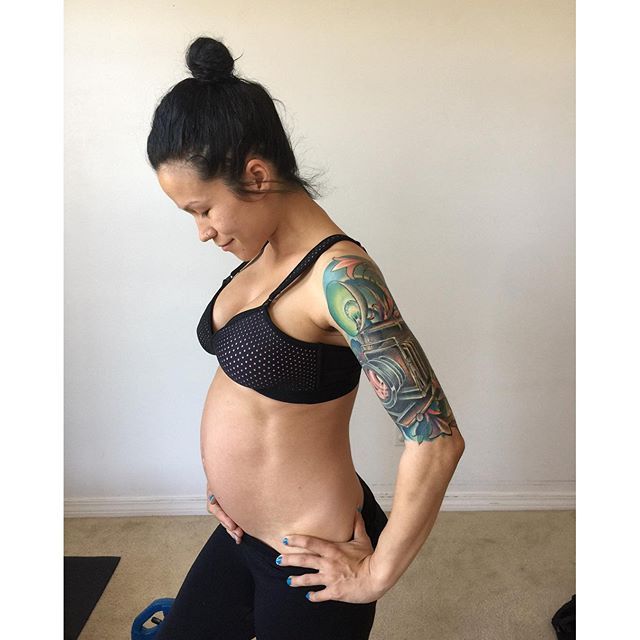 Firstly, as we have already said, these should be destinations with a short flight (up to 5 hours as a maximum).
Firstly, as we have already said, these should be destinations with a short flight (up to 5 hours as a maximum).
Secondly, it should be Russia or foreign non-exotic countries with a relatively temperate climate and a diet adapted to our cuisine. Countries with excessively hot climates and exotic cuisine should be avoided. nine0003
“Water and food that is not typical for our diet, for example, in the countries of South and Central America, Southeast Asia, can provoke toxicosis of pregnant women in the first trimester, even if you do not have it. It is also provoked by heat. The fact is that hypoglycemia (lack of glucose) can serve as an impetus for the development of toxicosis in pregnant women. And it occurs in hot climates due to increased evaporation of moisture from the skin, heavy drinking and, as a result, lack of appetite and long intervals in eating,” says Dr. Badikova. nine0003
Doctors advise pregnant women to choose for a beach vacation those countries where the average daily (attention - not daily, but average daily) temperature in the place and during the rest period does not exceed 30.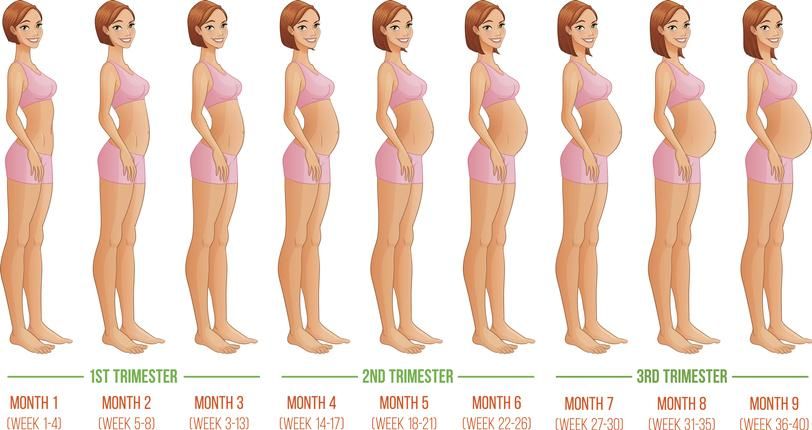 5 degrees Celsius.
5 degrees Celsius.
Pregnant women should choose for a beach holiday those countries where the average daily (not daily, but average daily) temperature during the holidays does not exceed 30.5 degrees Celsius
Definitely, pregnant women should not choose countries where there is a risk of contracting giardia infections and, in general, infectious diseases (Japanese encephalitis, Dengue fever, Zika, etc.). It should be clearly excluded from visiting countries in which it is recommended to be vaccinated in advance (the list can be found on the website of Rospotrebnadzor). Doctors strongly recommend that pregnant women not be vaccinated against any diseases - this can be fatal for the child, since any vaccine passes through the placental barrier. nine0003
Thirdly, besides the climate and food, pregnant women should take into account one more factor when choosing a vacation destination: the availability and level of medicine in the country and in the hotel. Preference during pregnancy should be given to countries with developed medicine (at least in resorts), and when choosing a hotel, you should ask the travel agent if there is a doctor in the hotel (as a rule, he happens in high-level hotels).
Preference during pregnancy should be given to countries with developed medicine (at least in resorts), and when choosing a hotel, you should ask the travel agent if there is a doctor in the hotel (as a rule, he happens in high-level hotels).
The choice of a pregnant woman in the first and second trimester, therefore, comes down to the following list of destinations: Russia, worthy hotels in Turkey, Spain, Italy, Greece, Cyprus, Croatia, Bulgaria, Montenegro, Slovenia, Czech Republic. You can also go to the countries of the Persian Gulf (preferably to the developed emirates of the UAE - Dubai and Abu Dhabi, or to Qatar), and carefully choosing a hotel, preferring high-level ones. nine0003
The countries of Equatorial Africa, South-East Asia and the Americas should be excluded from your list during pregnancy due to the long flight, hot climate, unusual cuisine, the risk of infectious diseases, and in some cases the need for vaccinations.
HOW TO BATH WHEN PREGNANT
All is well, and the pregnant tourist is at a beach resort. Summer and the beach mean the sun, and here the doctors also have their advice. The sun, of course, brings positive to the pregnant woman (more endorphins are released), replenishes the vitamin D deficiency, which is typical for residents of northern countries. nine0003
Summer and the beach mean the sun, and here the doctors also have their advice. The sun, of course, brings positive to the pregnant woman (more endorphins are released), replenishes the vitamin D deficiency, which is typical for residents of northern countries. nine0003
Firstly, exposure to the sun and even swimming in the sea (due to the reflection of the sun's rays from the water surface) should be avoided by pregnant women from 12.00 to 16.00.
Secondly, and the rest of the time you need to be careful about protection from sunlight. “During pregnancy, a woman often has hyperpigmentation. Taking into account being in the sun during the holidays, there is a very high probability that age spots, freckles that appeared during pregnancy on exposed parts of the body will not disappear. Therefore, a pregnant woman needs to take sun protection with her on vacation, with a protection factor of at least 50 - more is better. It is desirable that such a product contains vitamin E. And immediately after exposure to the sun, you need to apply a special after-sun product, it will additionally moisturize the skin, ”says Natalya Badikova. nine0003
nine0003
Pregnant women should take sun protection with a protection factor of at least 50, preferably more. It is desirable that the composition contains vitamin E
In particular, doctors consider such lines of protective equipment as Sanosan, Lierak, Uriage, from budget ones, for example, Garnier, to be well-established products. But everything is individual, and in choosing the brand and, most importantly, the composition of the product, it is better to follow the advice of the attending gynecologist.
Gynecologists strongly recommend tourists to take a closed swimsuit to the beach, excluding direct sunlight on the abdomen. “It will also be very good to take a cap with a large visor or a hat with a brim - to exclude sun exposure on the face, since the risks of age spots in pregnant women are very high,” advises Dr. Natalya Badikova. nine0003
WHERE IT IS SAFE TO BATH FOR A PREGNANT WOMAN - SEA OR POOL
Pregnant women can safely swim in the sea if it is warm and comfortable for the woman. The duration of stay in it is until the first moment when the pregnant woman feels “chillness”. Another tip - pregnant women should not stay in a wet bathing suit for a long time. At the first uncomfortable sensations, it is better to change clothes, and therefore take more than one set with you.
The duration of stay in it is until the first moment when the pregnant woman feels “chillness”. Another tip - pregnant women should not stay in a wet bathing suit for a long time. At the first uncomfortable sensations, it is better to change clothes, and therefore take more than one set with you.
At the same time, experts say, the sea for pregnant women is definitely preferable to the pool. nine0003
“Excessively chlorinated water in some pools can lead to changes in the microflora of the vagina, and eventually to bacterial vaginosis or inflammation of this area,” says Natalya Badikova. After the pool, it is also better for a pregnant woman to make an external (only external!) Treatment of intimate places with Miramistin or similar means.
HOW TO EAT FOR A PREGNANT WOMAN ON HOLIDAY
It is better to leave the diet in the hotel the same, close to the set of products that a woman eats at home, doctors say. The advice is feasible, especially with the all-inclusive system - the buffet at the hotel allows you to choose almost any type of food. nine0003
nine0003
However, there are restrictions: for example, any carbonated drinks should be excluded, it is better to drink black tea instead of green tea. And any exotic products for us, including southern fruits and vegetables, should be added to the diet gradually, in small portions, starting from 3-4 days of vacation.
“You shouldn't eat more than two unusual fruits a day (for example, mango). If we are talking about freshly squeezed juices, then this is a replacement for fruits (or fruits - or juices from them). Such juices should be drunk strictly after meals, not on an empty stomach, in order to avoid increased secretion of hydrochloric acid and heartburn, ”explains doctor Badikova. nine0003
WHAT TO DO IF YOU FIND OUT YOUR PREGNANCY DURING VACATION
A tourist found out about her pregnancy while on vacation and she has to fly back. It happens. If there are no disturbing moments (bleeding, pain, etc.) - you do not need to contact a local doctor. What should be done during this period?
Doctors advise in this case to immediately change the diet to a more fractional one, exclude alcohol, coffee, smoking (if there is such a habit), include more meat, fish, chicken in the diet.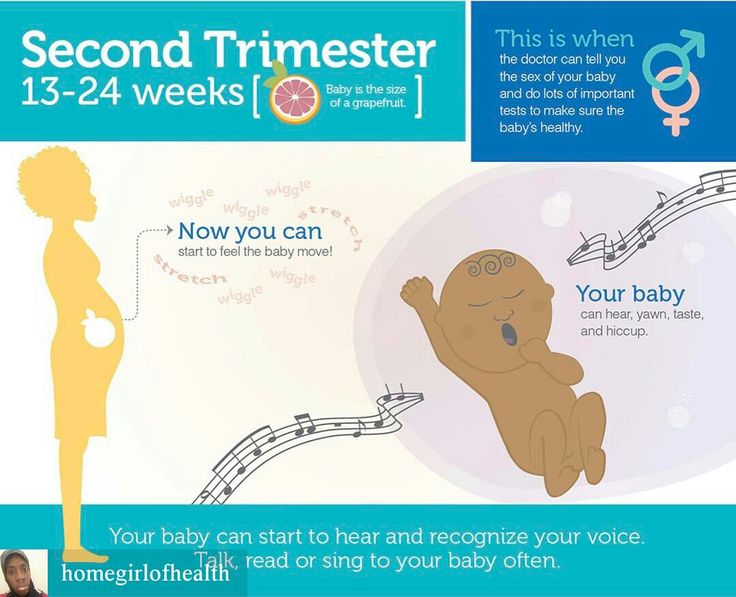 At the same time, it is necessary to limit the consumption of bright orange and red vegetables and fruits - so as not to form an allergic syndrome. nine0003
At the same time, it is necessary to limit the consumption of bright orange and red vegetables and fruits - so as not to form an allergic syndrome. nine0003
With regard to the transfer to the airport and the flight itself, a pregnant woman in the early stages should not lift weights. Photos provided by pixabay.com
You can read the news by subscribing to the ATOR channel in Telegram or to updates of our Facebook page. nine0007
You will find free online courses, webinars and electronic catalogs of tour operators on the ATOR Academy portal.
Actual SPECIAL OFFERS of tour operators for tours abroad and in Russia see the SPO section of the ATOR portal .
Flights during pregnancy: answers, tips and tricks
Modern way of life, worldview and generally accepted canons do not make pregnant women stop before any difficulties. Often, no warnings and risks can affect their choice and actions, but when it comes to the health or life of the unborn baby, everything is serious. That is why issues related to the travel of women in position by air cause a lot of discussion and require detailed consideration. nine0003
That is why issues related to the travel of women in position by air cause a lot of discussion and require detailed consideration. nine0003
Can you fly while pregnant?
This question worries many of the fair sex, who are in an interesting position, who are faced with a choice - to fly or not to fly? It is impossible to give a single answer that will suit every woman. In general, there are no restrictions regarding air travel during pregnancy. However, there are many factors that affect the final verdict. One of the first things to consider is the requirements of the airlines. If you have already booked an air ticket, then check the conditions for the flight of passengers in the position. If you are in the process of searching for air tickets, then check out the requirements of different aviation companies and choose the option that suits you best. nine0003
UIA, airBaltic - women from 28 to 35 weeks of pregnancy inclusive, when checking in for a flight, an appropriate certificate from a doctor must be attached to the ticket.
Lufthansa - Moms-to-be can book flights and travel with this airline until the end of the 36th week (or four weeks before the due date) without providing a medical certificate from a doctor. After 36 weeks - a woman should contact the Lufthansa medical center. In the case of multiple pregnancies, air travel after the 28th week is not allowed. nine0003
Alitalia - when checking in for a flight with a ticket, a pregnant woman must have a completed special medical form (MEDIF) signed and stamped by the attending physician after 36 weeks of pregnancy or in case of multiple pregnancy.
Air France - you don't need to get a doctor's consent to fly with Air France.
Turkish Airlines - Air travel is allowed for women for a period not exceeding 28 weeks with medical permission from a gynecologist. nine0003
Etihad Airways - From the 29th week until the end of the 36th week pregnant women traveling are required to present a medical certificate.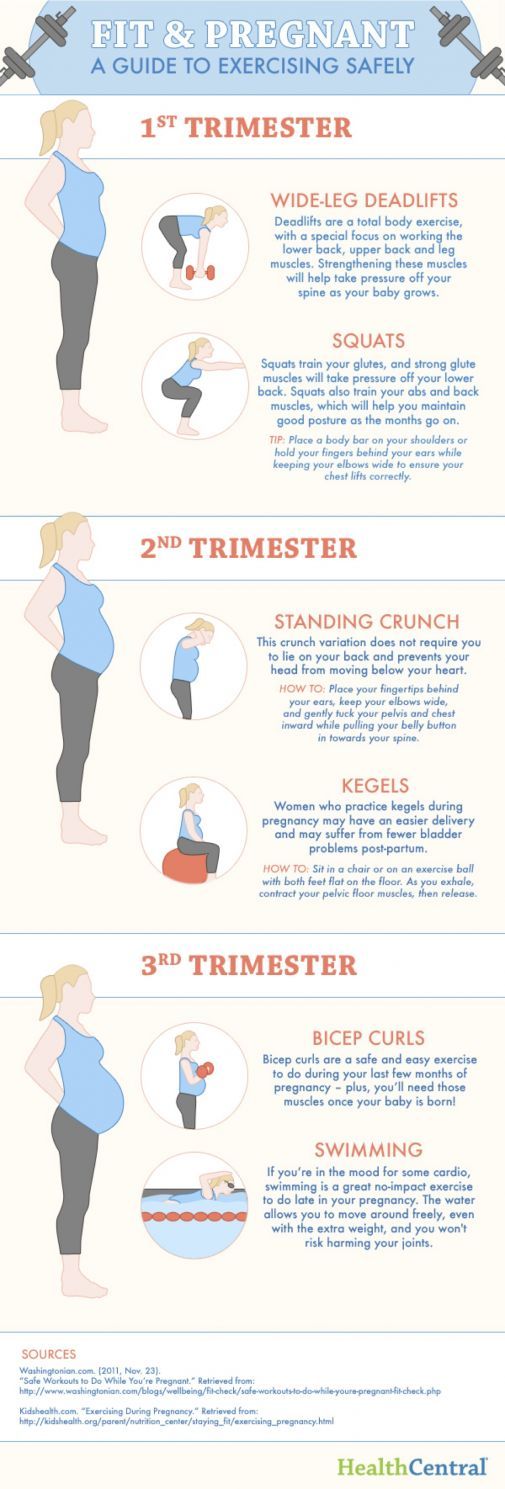 From the 37th week, the flight is not allowed. If a woman is expecting more than one child, then the flight until the 32nd week is allowed with a medical certificate, after the 33rd - air travel is prohibited.
From the 37th week, the flight is not allowed. If a woman is expecting more than one child, then the flight until the 32nd week is allowed with a medical certificate, after the 33rd - air travel is prohibited.
Air Moldova - after 28 and up to 32 weeks inclusive - a woman in the position when checking in for a flight must provide, along with the ticket, a medical certificate with a seal and a doctor's signature, which clearly reflects the permission to fly. After 32 and until the end of 35 weeks, as well as in cases of complications, a MEDIF form filled out by the attending physician and confirmed by the airline doctor is provided with a medical certificate. From the 36th - air travel is prohibited. nine0003
What is the safest pregnancy for flying?
Everyone knows that each period of pregnancy is special in its own way, so when planning a trip and purchasing air tickets, it is necessary to take into account not only the general condition, but the specific trimester of pregnancy.
- first trimester: 1-13 weeks
It is best to refrain from traveling during this period. If there is an urgent need for a flight, then issue air tickets for a plane with a departure date corresponding to the 7th or 8th week of pregnancy, which are considered the safest for air travel in the first trimester. nine0028 - second trimester: 14-27 weeks
This period is considered the most favorable for future mothers and babies to travel by air. However, some experts advise not to buy tickets for flights from 18 to 22 weeks, arguing that during this period there is a risk of late miscarriage. But if the pregnancy proceeds without any complications, the woman feels great and there are no risks to the fetus - feel free to issue an air ticket and go on a long-awaited vacation. nine0027 third trimester: 28-40 weeks
This period requires great care and attention when traveling. Most airlines will only allow you to board an aircraft if you have a certificate from your doctor, and some carriers may also require a document from the airline's medical center.
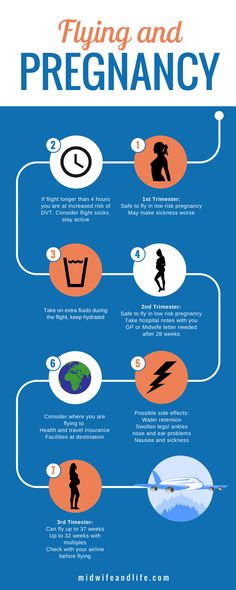 Also, in most cases, female passengers will have to fill out and sign a document indicating that the airline is not responsible for possible adverse consequences. nine0028
Also, in most cases, female passengers will have to fill out and sign a document indicating that the airline is not responsible for possible adverse consequences. nine0028 In what situations is it better for a pregnant woman to refrain from flying?
In order to protect yourself and your unborn baby, you should consult your personal doctor before issuing air tickets. There are a number of contraindications to flying during pregnancy, even if the woman feels well, such as anemia, hypertension, severe toxicosis, etc.
How to make your flight comfortable?
If you have decided to fly, the doctor has given his consent, and you have already booked air tickets, then it's time to start preparing for the trip. There are a number of recommendations that will help expectant mothers feel comfortable during air travel and minimize the risks of possible complications:
- book a business class ticket. In the business class, there are wider seats and an increased distance between them.
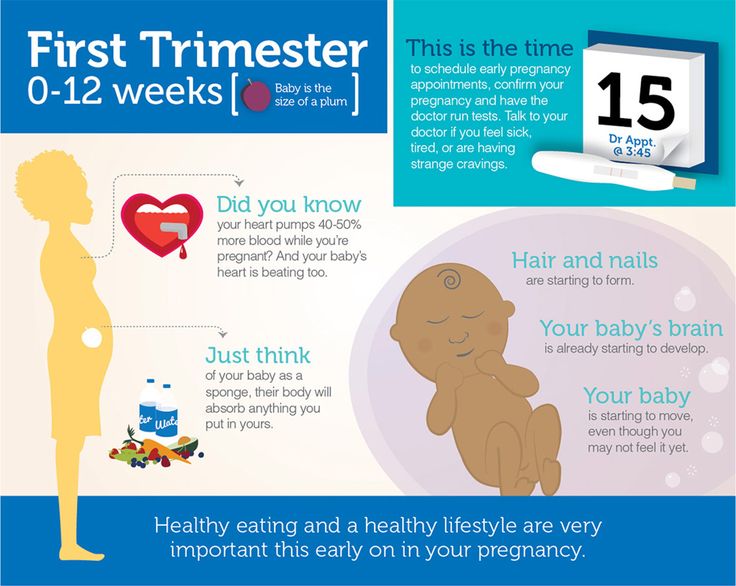 If you still booked an economy class ticket, then choose a seat in the first row (enough legroom) or, in extreme cases, an aisle seat
If you still booked an economy class ticket, then choose a seat in the first row (enough legroom) or, in extreme cases, an aisle seat - to reduce the risk of vascular complications, wear compression stockings on the plane
- fasten seat belts under the tummy
- take an orthopedic neck and back pillow
- recline the seat back to reduce back strain
- periodically walk around the cabin of the liner to avoid swelling of the legs
- drink plenty of fluids - about 500 ml per hour (avoid carbonated drinks and coffee)
Flights train tickets Bus tickets
- Tickets nine0027 Railway tickets
- Bus tickets
Similar news
27
New clients,
Still not subscribed to our telegram channel, in which we rarely publish the latest news related to the travel industry, aviation and other assistance to the people from Ukraine, we have importantly prepared the TOP-news for you nine0003
13
Airline traffic in the world of cities 83% pre-pandemic
The UK was expected to have the largest increase in capacity for the remaining river - up to 3 million months - 690% more, lower on the cob of May 2021.
